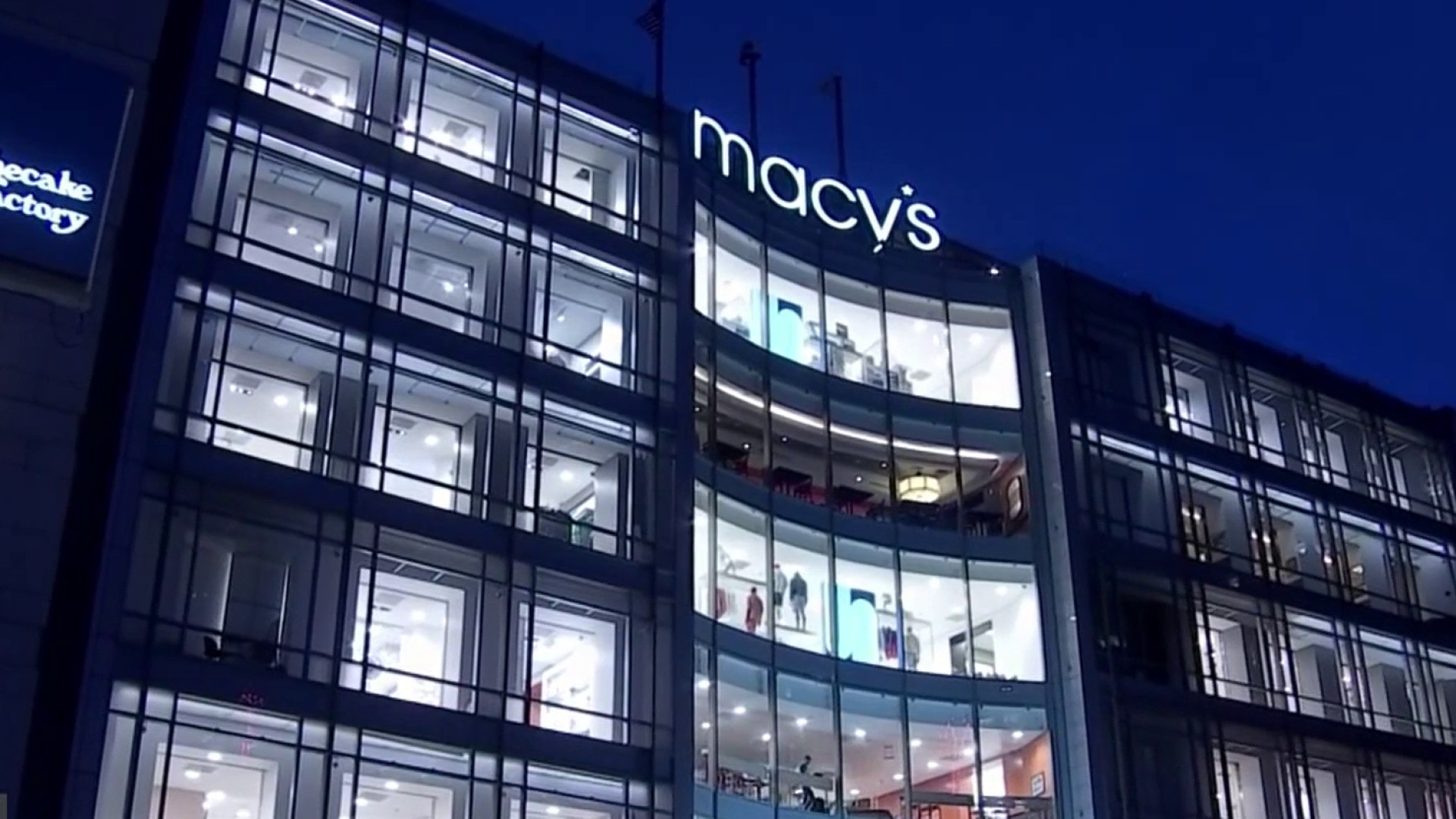A piece of legislation that would have allowed women in Berkeley to bare their breasts in public stalled Tuesday night, angering a naked activist who protested by leaping onto a table and launching into an expletive-filled rant against city officials.
“I don’t care who you are,” said Gypsy Taub, as officials filed out of the room. “My body belongs to me.”
Taub, who describes herself as a “body-freedom activist,” also called city officials “oppressive” and said they were “a joke” during her 20-minute demonstration. At one point, she hopped onto the council dais, squatted low and waived the gavel repeatedly.
The stalled ordinance would have amended Berkeley’s municipal code, which currently bans the public display of “any portion of the breast at or below the areola.” Like most nudity ordinances, the section applies only to females.
The activist directed most of her ire at absent Councilmember Sophie Hahn, who delivered the harshest criticism of the proposal earlier in the evening.
"We have a lot of fake news. I really question whether this might be a fake women’s movement,” Hahn said, describing herself as a lifelong feminist who is active in women's organizations. She said she found it disappointing that the proposal did not go through the city's Commission on the Status of Women, of which she is a former chair.
If it did go to the commission, “I think that it would not be ranked very highly,” Hahn added tartly, rattling off a list of issues — including human trafficking, sexual harassment, domestic violence and lack of access to safe abortions — that need tackling.
Local
Taub protested shortly after 11 p.m, when only a handful of people were present. One man who stayed to watch the demonstration removed his shirt in an apparent show of solidarity.
After completing her demonstration, Taub told NBC Bay Area she was surprised she wasn’t arrested. She has been detained before at other naked protests in the Bay Area, most of which took place in San Francisco.
The point of her demonstrations, she said, is to highlight the inherent oppressiveness of nudity bans.
“I don’t feel that any part of us is disgusting or indecent or obscene,” Taub said. “It makes absolutely no sense to say the body that you were born with, and are going to die with, is something that you should hate or be ashamed of.”
She also believes nudity bans are barriers to healthy relationships.
“Sexual oppression is damaging because human sexuality is an expression of love,” Taub said. “When it’s contaminated with body shame, it destroys people’s intimacy and their ability to love, and give and receive pleasure.”
Toward the end of Taub’s demonstration, a Berkeley police officer asked her to leave. Taub said she didn’t mind.
“He was telling us very politely that he was closing out the chambers,” Taub said. "I'm sure it made (the city officials') day more interesting."
Introduced through the office of Councilmember Kriss Worthington, the proposal was heavily influenced by the #FreeTheNipple campaign. The online movement takes leading social media sites to task for banning photos of the naked female breast, including breastfeeding photos.
Simone Stevens, who wrote the proposal when she interned for Worthington over the summer, said she was disappointed with Hahn’s comments.
“I respect her caution and her passion for doing what she thinks is right, but I don't respect the contempt she showed to the toplessness movement last night,” Stevens said via email. “Times are changing. Just because celebrities like Miley Cyrus and Rumer Willis support a movement, does not mean it is simply pop-culture hogwash.”
The proposal written by Simons references the online campaign and also touts potential benefits to transgender and gender-nonconforming individuals.
“It is nonsensical and sexist that Berkeley criminalizes the display of the female nipple while allowing the display of the male nipple,” the proposal read. “Berkeley has sought to uphold an equal standard of living for all its citizens, no matter what gender they may identify as.”
In an email to NBC Bay Area, Worthington said he considered the proposal to be “one small, additional step towards equality.” Now that it stalled, he is talking with community members about a potential ballot initiative.
“I will listen closely to what the activist women want before I take additional action,” he said.



